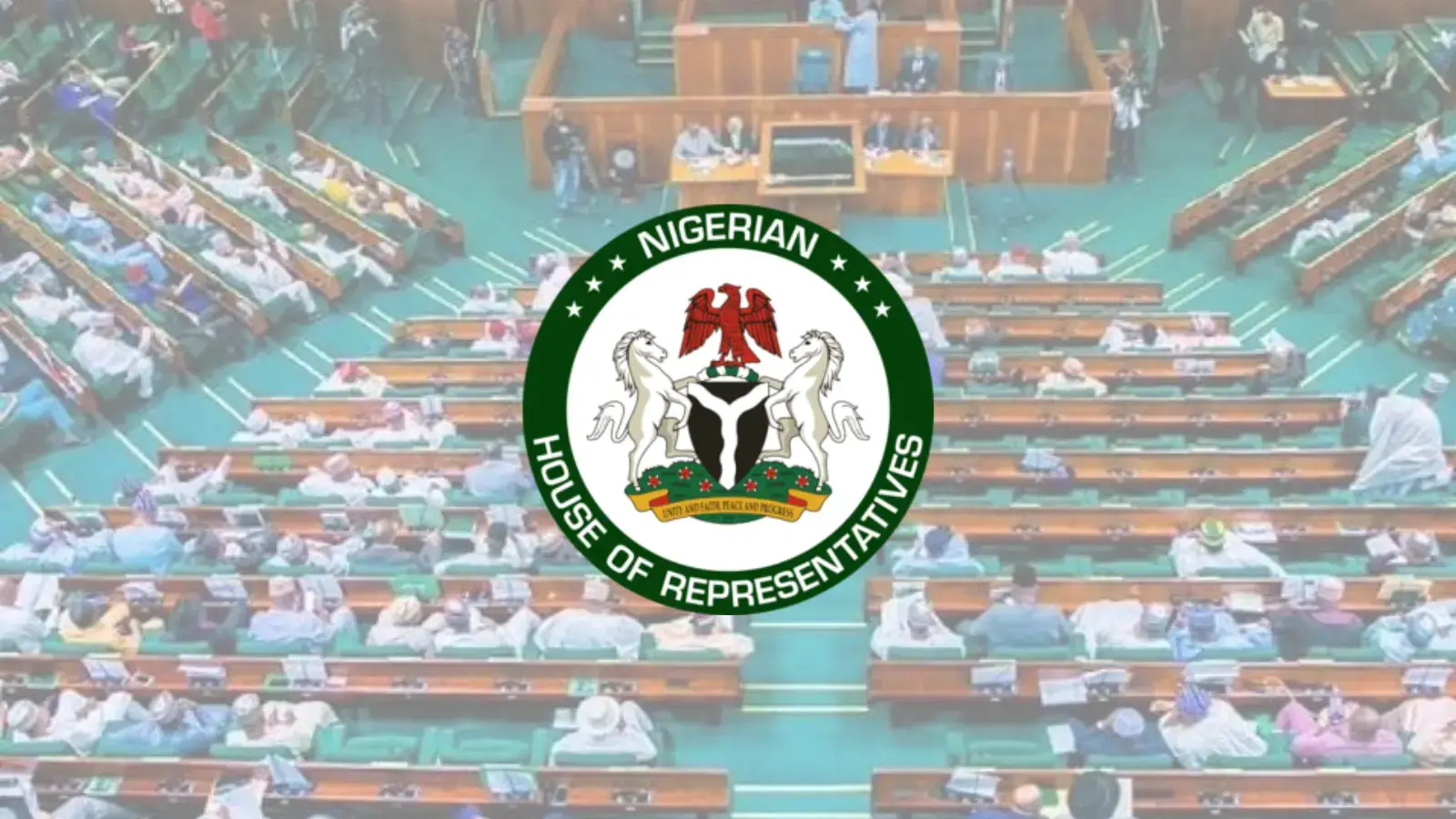
The House of Representatives is reviewing two constitutional amendment bills to reform Nigeria’s budgetary process to ensure timeliness and limit supplementary budgets.
The bills, sponsored by Hon. Mansur Manu Soro, representing Darazo/Ganjuwa Bauchi State, Adamu Hashimu Ranga representing Ningi/Warji constituency, Bauchi, and Emeka Martins Chinedu representing Ahiazu Mbaise/Ezinihitte Federal Constituency, Imo state, are currently under consideration by the House Ad-hoc Committee on Constitution Review, chaired by Deputy Speaker Benjamin Okezie Kalu.
One of the bills proposes restricting the frequency of supplementary budgets to a single instance per financial year.
Titled “A Bill for an Act to Alter the Constitution of the Federal Republic of Nigeria, 1999 to Provide for the Consideration of Not More Than One Supplementary National Budget in Addressing Funding Gaps Arising from the Existing Appropriations Act,” it seeks to amend Section 81 of the 1999 Constitution.
A new subsection, 4(C), would be added to state: “Provided that there shall not be more than one supplementary budget in addressing the funding gaps identified in the existing Appropriation Act.”
The bill’s explanatory memorandum highlights its goal to enhance transparency, mitigate the economic disruptions caused by multiple supplementary budgets, and streamline public sector budgeting.
The second bill focuses on ensuring the timely submission of annual budgets. It aims to establish a mandatory timeline for budget presentations, requiring the president and state governors to submit estimates at least 60 days before the end of the preceding financial year.
Titled “A Bill for an Act to Amend the Constitution of the Federal Republic of Nigeria, 1999 to Specify the Period for the Laying of Annual Budget Estimates Before the National and State Houses of Assemblies,” the proposed legislation seeks to amend Sections 81(1) and 121(1) of the constitution.
Under the proposed amendments, Section 81(1) would now read: “The president shall cause to be prepared and laid before the joint session of the National Assembly, at least 60 days before the end of the preceding financial year, estimates of revenues and expenditure of the Federation for the succeeding financial year.”
The bill aims to standardise Nigeria’s budget cycle to follow a January–December fiscal calendar and address challenges arising from late submissions.
Recall that the Nigerian Senate recently approved President Bola Tinubu’s ₦1.77 trillion ($2.2 billion) loan request to partially fund the country’s ₦9.7 trillion budget deficit for the 2024 fiscal year.
Also, the Federal government approved a ₦47.9 trillion budget for the 2025 fiscal year, marking a 35 per cent increase from the ₦35.5 trillion 2024 budget. The Federal Executive Council (FEC) decided on Friday, November 15, 2024, during a meeting led by President Bola Tinubu.
Read More:
- 58% of Women and Girls Across 22 Countries, Including Nigeria, Face Online Harassment
- Burkina Faso’s Military Leader Dissolves Government, Removes Prime Minister
About The Author
Related Articles
Guinea Junta Leader Doumbouya Declared Winner of Presidential Election
Guinea’s military ruler, General Mamady Doumbouya, has been declared the winner of...
ByWest Africa WeeklyDecember 31, 2025Funke Akindele Extends Box Office Streak as New Film Hits ₦1bn
Nollywood actress and filmmaker Funke Akindele has set a new box office...
ByWest Africa WeeklyDecember 31, 2025The American Airstrike in Nigeria Wasn’t Just About Terrorism — It Exposed That Nigeria Is No Longer a Sovereign Nation
On Christmas Day, a foreign military bombed Nigerian soil, and Nigerians did...
ByWest Africa WeeklyDecember 26, 2025Niger’s Tiani Sets Out “Security First” Doctrine at AES Summit, Signals Complete Break from Old Order
At the AES summit bringing together Burkina Faso, Mali, and Niger, Niger’s...
ByWest Africa WeeklyDecember 23, 2025













Leave a comment